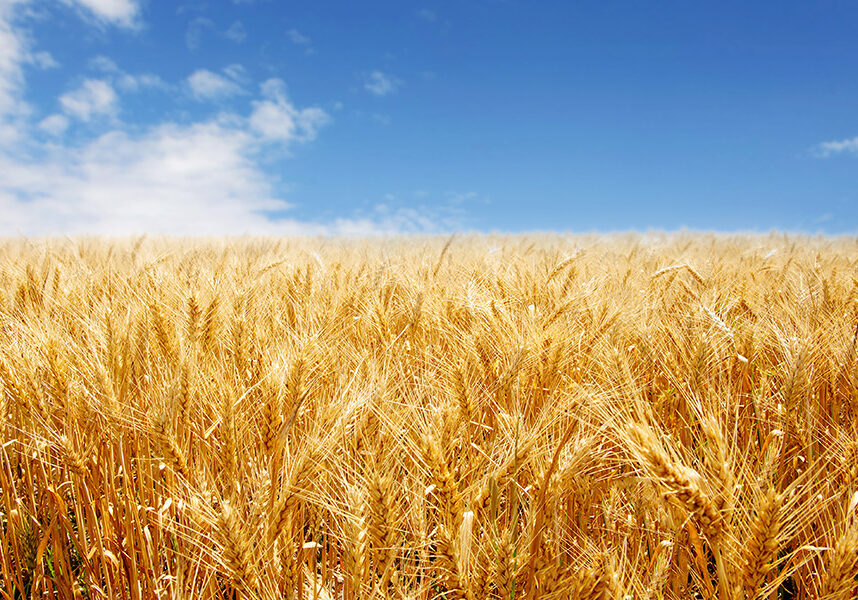A booger of a farm bill
2023October 2023
By Andy Juris
President, Washington Association of Wheat Growers

What I’m about to relay to you is a true story. A few weeks ago, myself and the rest of the leadership team from the Washington Association of Wheat Growers (WAWG) stumbled into our hotel in Washington, D.C. It had been a long day of negotiating the innards of our nation’s mass air transit, and we were tired. Our cab driver had warned us about the foolishness of walking the downtown streets after dark, so we took an Uber to the only place open and offering solid food after 11 p.m. Back at the hotel, we hit the sack, hoping to catch a few hours of sleep before our first meeting at 7 a.m. the next morning.
Many years spent flying for the airline industry has permanently scarred me regarding the hygienic state of our nation’s hotel rooms. But either due to the long travel day or, perhaps, chicken finger-induced indigestion, I neglected to perform my usual inspection. As the dawn’s early light illuminated my room, my eyes slowly focused, and then I saw it. I gaped in swirling horror as, mere inches away from my face on the nightstand, lay a nightmarish sight: a booger deposited there by one of the room’s previous occupants. Leaping to my feet, instantly awake, I backed carefully away, all the while considering where I might find a biological decontamination facility this early.
It was going to be a long farm bill trip.
As many of you are aware, Sept 30 marked the end of the current farm bill. WAWG has been actively advocating for you in D.C. since farm bill talks began last year. We have also been working with the National Association of Wheat Growers to develop both a state and national priority list. The farm safety net programs of crop insurance, Agriculture Risk Coverage and Price Loss Coverage, and disaster aid were each presented to our members of Congress with suggestions for improvements and efficiencies. We stressed just how much farmers pay to participate in crop insurance programs and that an improved safety net system was essential to stabilizing an ag sector reeling from global supply chain problems, COVID shutdowns, crushing inflation, and frequent, intense periods of drought. Although it’s a longer-term investment, we also presented the need for a doubling of funding for the Foreign Market Development and Market Assistance Program. As our foreign competitors pour funding into competing with us in our export markets, it is more important than ever to invest in these programs, which haven’t seen a funding increase since 2002. Finally, we advocated for changes in voluntary, incentive-based conservation programs to make them more accessible to a broader range of Washington wheat farms.
As we attempt to pick these improvements from the nose of government, the challenges are clear. Budgetary concerns have all but eliminated the chance for additional funding, partisan infighting seems an ever-present distraction, and the uncertainties caused by a looming government shutdown and the 2024 elections all threaten to slow the process. Despite all the challenges, your WAWG officers remain committed as ever to advocating for this, with three D.C. visits already this year, and another one scheduled for later this winter. Together, we hope to do our best to get you all a farm bill that can help us navigate the next five years. It’s a booger of a job sometimes, but we always look forward to the next challenge that we will face together.












